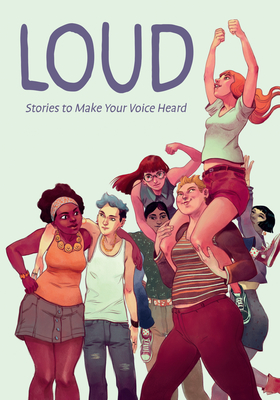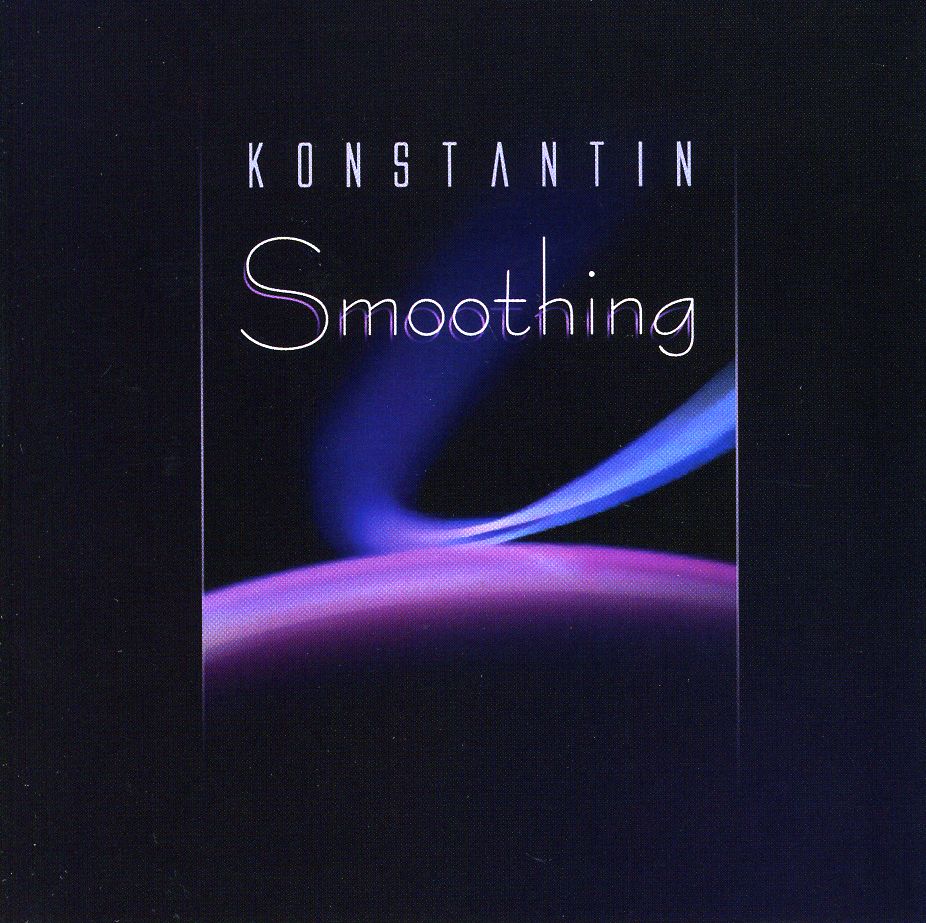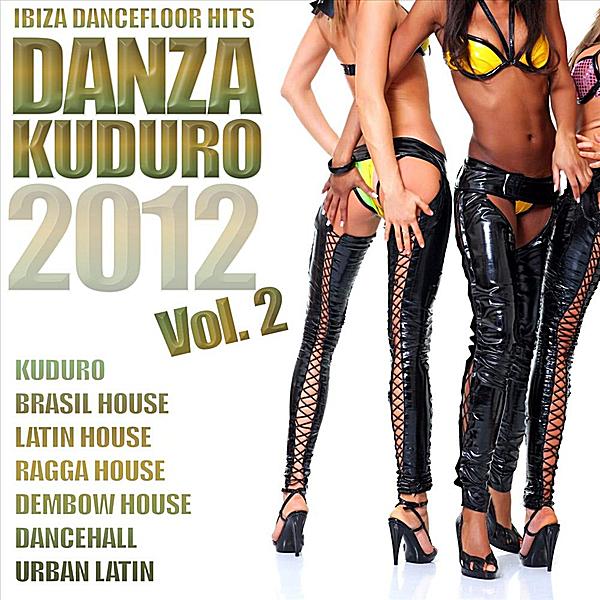
description
ngs from our era of communal grief and reckoning--by the Pulitzer Prize and T. S. Eliot Prize for Poetry winner, called "a poet for these times, a powerful woman who won't back down" (San Francisco Chronicle). "At the time of have-not, I look at myself in this mirror," writes Olds in this self-scouring, exhilarating volume, which opens with a section of quarantine poems, and at its center boasts what she calls Amherst Balladz (whose syntax honors Emily Dickinson: "she was our Girl - our Woman - / Man enough - for me") and many more in her own contemporary, long-flowing-sentence rhythm. Olds sings of her childhood, young womanhood, and maturity all mixed up together, seeing an early lover in the one who is about to buried; seeing her whiteness, seeing her privilege; seeing her mother (whom her readers will recognize) "flushed exalted at Punishment time"; seeing how we've spoiled the earth but carrying a stray indoor spider carefully back out to the garden. It is Olds's gift to us that in the richly detailed exposure of her sorrows she can still elegize songbirds, her true kin, and write that heaven comes here in life, not after it.
member goods
No member items were found under this heading.
notems store

Preacher's Outline & Sermon Bible-KJV-Romans
by Worldwide, Leadership Ministries
Paperback /Paperback$32.79
Return Policy
All sales are final
Shipping
No special shipping considerations available.
Shipping fees determined at checkout.






